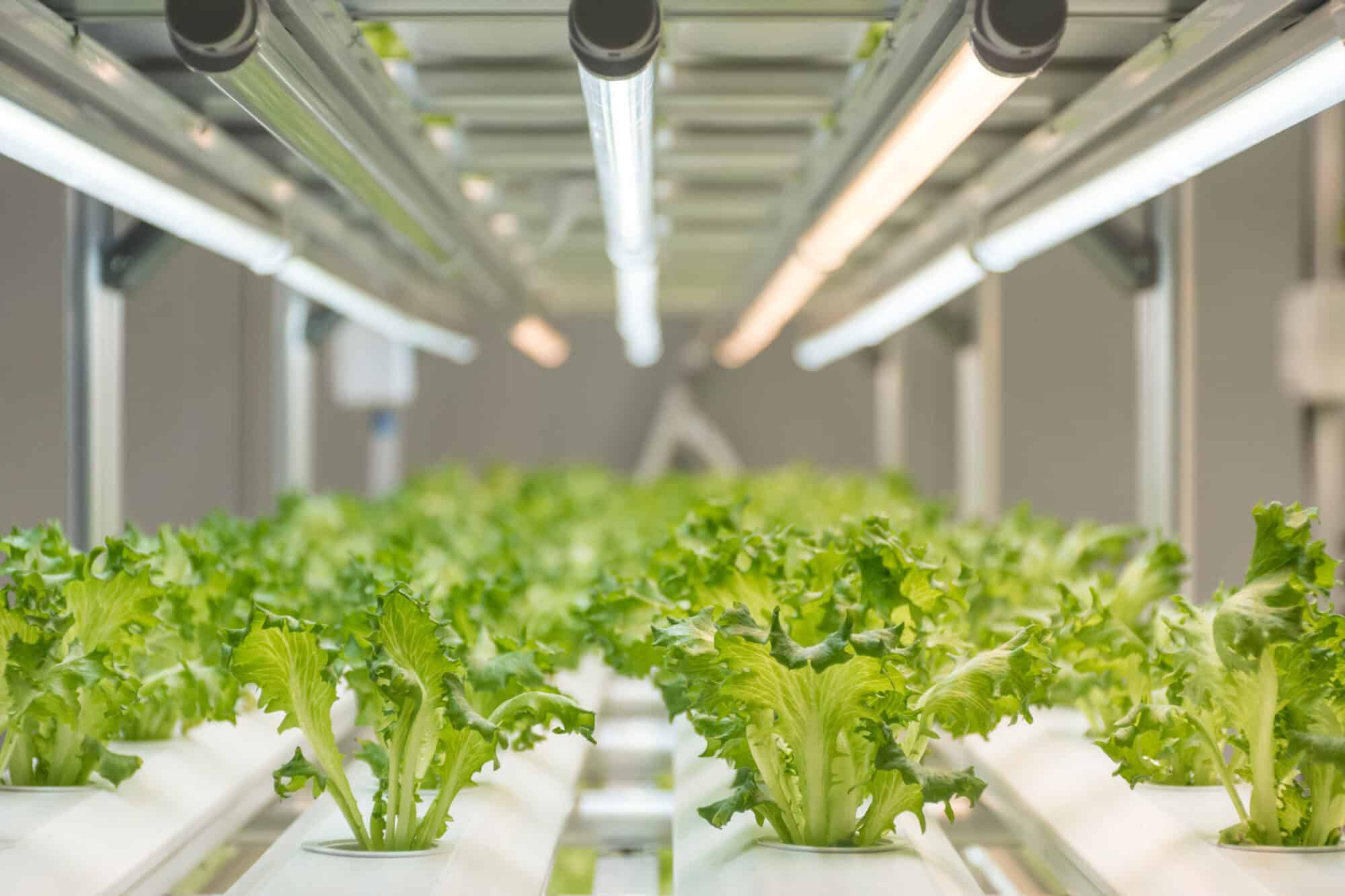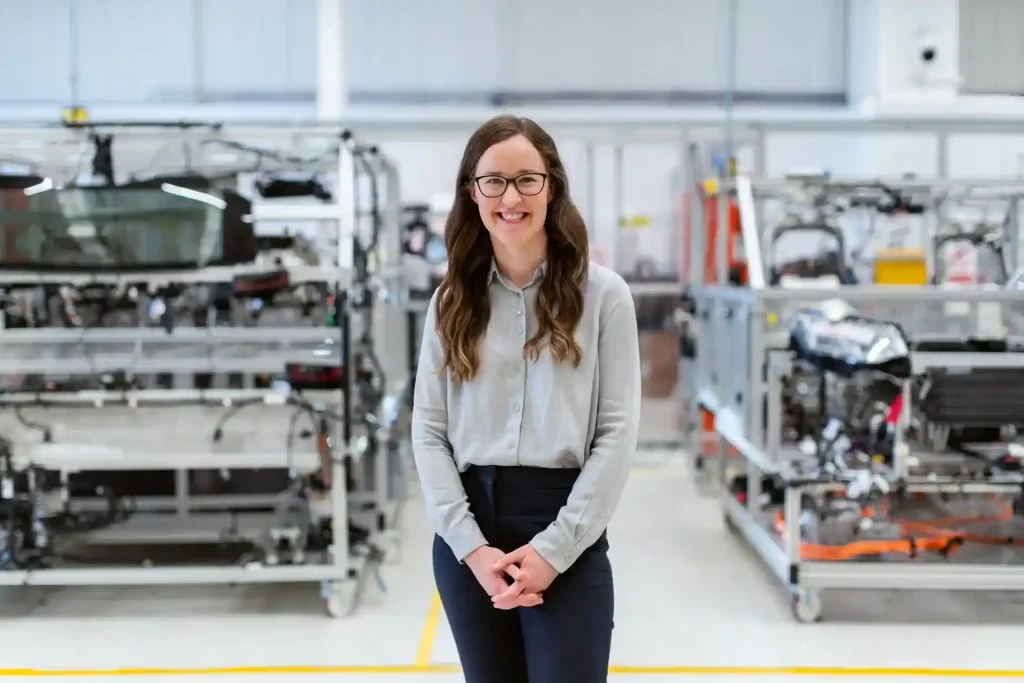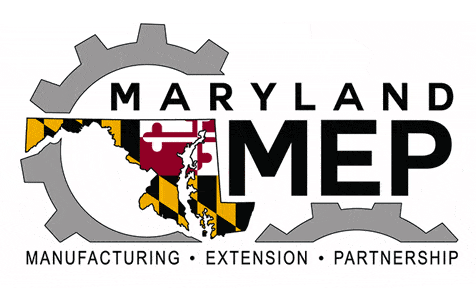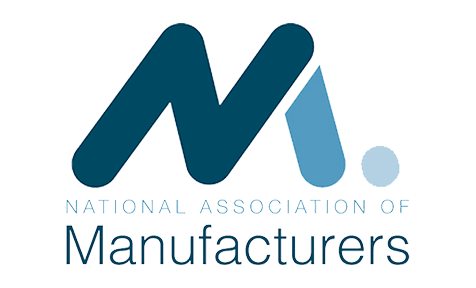How Automated Sanitizing Systems Became Essential to Modern Commercial Farming
A commercial sanitizing system is a specialized machine designed to clean and disinfect agricultural equipment, surfaces, and components at scale. These systems use high-pressure water, heat, detergents, and chemical sanitizers to remove soil, algae, bacteria, and other contaminants that pose a risk to crop quality and safety.
Sanitizing systems are essential in both traditional and controlled-environment agriculture (CEA)—including hydroponic and vertical farms—where sanitation standards are critical. In hydroponic operations especially, components like grow towers, trays, and irrigation lines require regular, thorough cleaning to prevent disease spread and ensure consistent plant health. By automating the sanitization process, commercial farming operations benefit from:
- Reduced labor costs
- Consistent, repeatable cleaning performance
- Lower risk of cross-contamination
- Compliance with food safety and environmental standards
Whether you manage a large-scale agricultural operation, a hydroponic greenhouse, or a vertical farm, this guide will help you understand why automated sanitizing systems are essential, how they improve safety and efficiency, and what to consider when choosing the right solution for your needs.
Why Sanitization Is Especially Critical for Hydroponic Commercial Farms
While sanitizing systems are essential across all commercial farming operations, hydroponic farms face unique challenges that make consistent sanitation even more critical. These operations may be housed in highly controlled environments, but that doesn’t make them immune to contamination. Pathogens like algae, fungi, and bacteria can spread quickly through shared irrigation lines, trays, or grow towers—leading to crop failure, revenue loss, and health risks for consumers.
That’s why commercial hydroponic operations rely on sanitizing systems to maintain strict hygiene standards. These systems:
- Eliminate harmful microbes from all equipment surfaces
- Prevent cross-contamination between crop cycles
- Improve overall plant health and harvest consistency
- Reduce the need for chemical treatments and pesticides
Additionally, they protect workers from potential exposure to pathogens and help farms comply with safety regulations. In short, sanitizing systems are foundational to both plant and people safety in hydroponic operations.
How Automated Washing and Sanitizing Systems Elevate Sanitation in Hydroponic Farming
Automated sanitizing systems are not just a convenience—they’re a necessity for efficient and scalable hydroponic operations. Cleaning grow towers, trays, or irrigation components manually is time-consuming and inconsistent. Automation changes that.
Here’s what automated systems offer hydroponic growers:
1. Efficiency: Process multiple components at once, dramatically reducing downtime.
2. Consistency: Follow set protocols for uniform results every cycle—no skipped steps or human error.
3. Sanitary Precision: Use targeted water pressure, detergents, and temperature control to destroy pathogens without damaging equipment.
4. Reduced Labor Burden: Free up team members to focus on growing and harvesting, not scrubbing trays.
5. Built to Scale: Whether expanding a greenhouse or launching a new vertical farm, automated systems grow with you.
For hydroponic operations aiming to maximize output and minimize contamination, automation isn’t optional—it’s a competitive advantage
How Automation Elevates Sanitation in Vertical Farming
Vertical farming operations rely on stacked, high-density systems that create ideal environments for rapid plant growth—and, unfortunately, for contamination to spread quickly if not properly managed. Unlike traditional farming, vertical farms operate in compact, enclosed systems where equipment is reused frequently, and even minor lapses in hygiene can result in widespread crop loss. Automation provides vertical farms with the consistency, scalability, and reliability needed to maintain sanitary conditions across all growing levels and surfaces. Automated sanitizing systems are designed to clean everything from trays and growing towers to irrigation lines and lighting fixtures.
Key technologies include:
1. Automated Parts Washers: Remove stubborn debris and organic buildup from intricate components using high-pressure sprays and detergents.
2. Aqueous Cleaning Systems: Leverage heated water and eco-friendly detergents to deep-clean reusable equipment efficiently, with minimal manual effort.
3. Sanitization Machines: Use heat, pressure, and safe chemical agents (e.g., SaniDate) to eliminate pathogens without damaging sensitive vertical farm components.
Many of these systems can also integrate with robotic arms or conveyor belts, offering fully automated solutions that load, sanitize, and unload components in a closed-loop system. For vertical farming operations aiming to scale safely and sustainably, automation isn’t just an upgrade—it’s a necessity for maintaining crop integrity and ensuring regulatory compliance.
How to Choose the Right Sanitizing System for Your Farm?
Choosing the right sanitizing system isn’t just about cleaning—it’s about protecting your crops, your team, and your bottom line. Whether you run a traditional commercial farm, a hydroponic greenhouse, or a vertical operation, the right system should match your specific needs and scale.
Here’s what to evaluate:
1. Farm Size and Throughput
Larger operations or farms running daily cycles require high-capacity systems that can keep pace without creating bottlenecks.
2. Equipment Compatibility
Your system should safely clean materials like plastic, stainless steel, or soft components—without causing wear or corrosion.
3. Sanitizing Agents
Opt for systems that work with environmentally responsible, food-safe detergents capable of eliminating pathogens without leaving harmful residues.
4. Level of Automation
Consider how much of the cleaning process you want to automate. Fully automated systems can reduce labor costs and increase throughput.
5. Compliance
Choose a system certified by an industry-recognized authority to ensure it meets food safety and operational standards.
At the end of the day, you’re not just buying a cleaning machine—you’re investing in a system that safeguards your entire operation. That’s why farms of all sizes turn to Better Engineering. Our automated sanitizing systems are designed for commercial farming environments that demand precision, scalability, and safety. From grow towers to irrigation lines, we help you clean smarter, not harder.
Let’s build the right solution for your farm—contact us today to get started.





